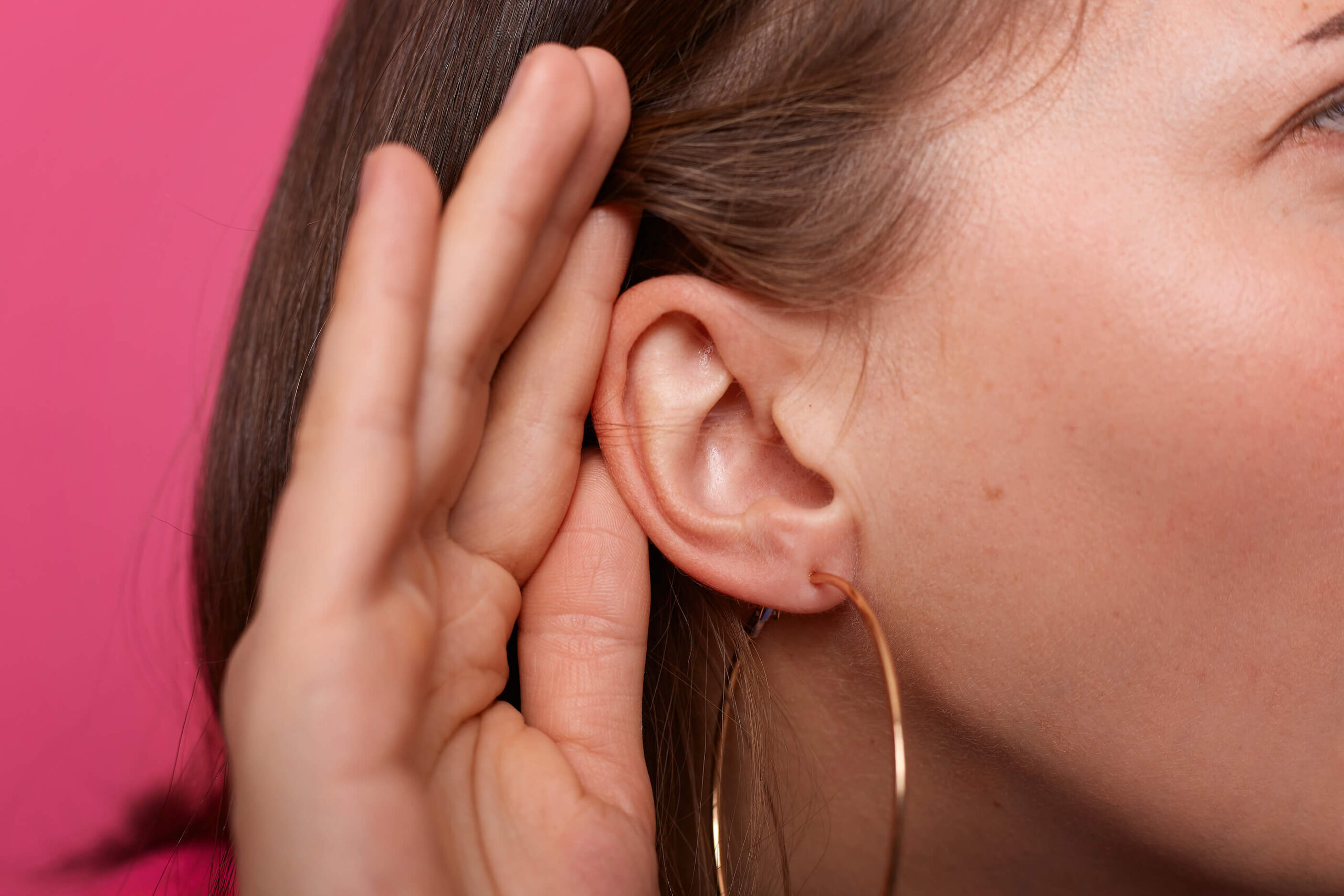
Hearing loss can significantly impact a person’s quality of life, affecting everything from communication to enjoying music or watching television. While hearing aids and medical interventions are often used to manage hearing loss, another approach gaining traction is sound therapy. This therapeutic method leverages various sounds and music to stimulate auditory pathways and improve hearing capabilities. In this blog post, we’ll explore what sound therapy is, how it works, its potential benefits, and when you might consider a hearing health exam to determine if it’s right for you.
What Is Sound Therapy?
Sound therapy is a technique that uses sound and music to promote relaxation, reduce stress, and potentially improve auditory functions. While it has a broad range of applications, in the context of hearing loss, sound therapy focuses on stimulating the auditory system to enhance hearing or manage related conditions like tinnitus (ringing in the ears). It can be used as a complementary treatment alongside traditional approaches, such as hearing aids, cochlear implants, or other medical interventions.
How Sound Therapy Works
The goal of sound therapy is to engage the auditory system in a way that promotes neural plasticity—the brain’s ability to reorganize and form new connections. By exposing the ears to a variety of sounds, the therapy aims to encourage the brain to process auditory information more effectively. This can be especially useful for people with hearing loss, as it may help improve their ability to understand speech and recognize different frequencies.
Sound therapy can be delivered through various methods, including:
- Music Therapy: Listening to specific types of music to promote relaxation and stimulate auditory processing.
- White Noise and Nature Sounds: Using background sounds like ocean waves, rain, or wind to create a calming environment and mask unwanted noise.
- Binaural Beats: Playing two different frequencies in each ear to create a perceived third tone, which can encourage relaxation and focus.
These methods can be used individually or in combination, depending on the desired outcome and the individual’s preferences.
Benefits of Sound Therapy for Hearing Loss
Sound therapy offers several potential benefits for individuals with hearing loss. While it may not restore hearing to normal levels, it can help in other ways, such as:
- Reduced Stress and Anxiety: Sound therapy can promote relaxation and reduce stress, which is beneficial for those dealing with the emotional impact of hearing loss.
- Improved Concentration and Focus: Certain sound therapy techniques, like binaural beats, can enhance focus and concentration, which may help when trying to understand speech or follow conversations.
- Tinnitus Management: Sound therapy is often used to manage tinnitus, a condition where individuals hear ringing or buzzing in their ears. By introducing soothing sounds, sound therapy can help mask tinnitus and make it less noticeable.
- Enhanced Auditory Processing: With regular use, sound therapy might improve the brain’s ability to process auditory information, potentially leading to better speech recognition and sound localization.
When to Consider a Hearing Health Exam
If you’re experiencing hearing loss or related conditions like tinnitus, it’s important to get a hearing health exam. This exam will help determine the extent of your hearing loss and identify any underlying causes. A provider will conduct various tests, such as pure-tone audiometry and speech recognition tests, to evaluate your hearing capabilities.
Based on the results, the provider can recommend the most appropriate treatment options, including hearing aids, cochlear implants, or sound therapy. If sound therapy is suggested, they can guide you through the process and help you find the right type of therapy for your needs.
Integrating Sound Therapy with Other Treatments
Sound therapy can be used in conjunction with other treatments for hearing loss. If you use hearing aids or cochlear implants, sound therapy can complement these devices by providing additional auditory stimulation. It’s essential to work with a provider or hearing health professional to ensure that sound therapy is used safely and effectively alongside other treatments.
Sound therapy can also be part of a broader approach to hearing health, including regular hearing health exams, maintaining ear health, and protecting against further hearing loss. By integrating sound therapy with other strategies, you can create a comprehensive plan to manage hearing loss and improve your quality of life.
Sound therapy is an innovative approach to managing hearing loss and related conditions like tinnitus. By using various sounds and music, it can promote relaxation, reduce stress, and potentially improve auditory processing. While it may not be suitable for everyone, sound therapy can be a valuable addition to a comprehensive hearing health plan. If you’re experiencing hearing loss, consider getting a hearing health exam to explore your options and determine if sound therapy could benefit you.

How Hearing Health Impacts Mental Wellbeing
Matthew Favinger, M.S., F-AAA

How Hearing Aids Improve Connection With Couples
Matthew Favinger, M.S., F-AAA

